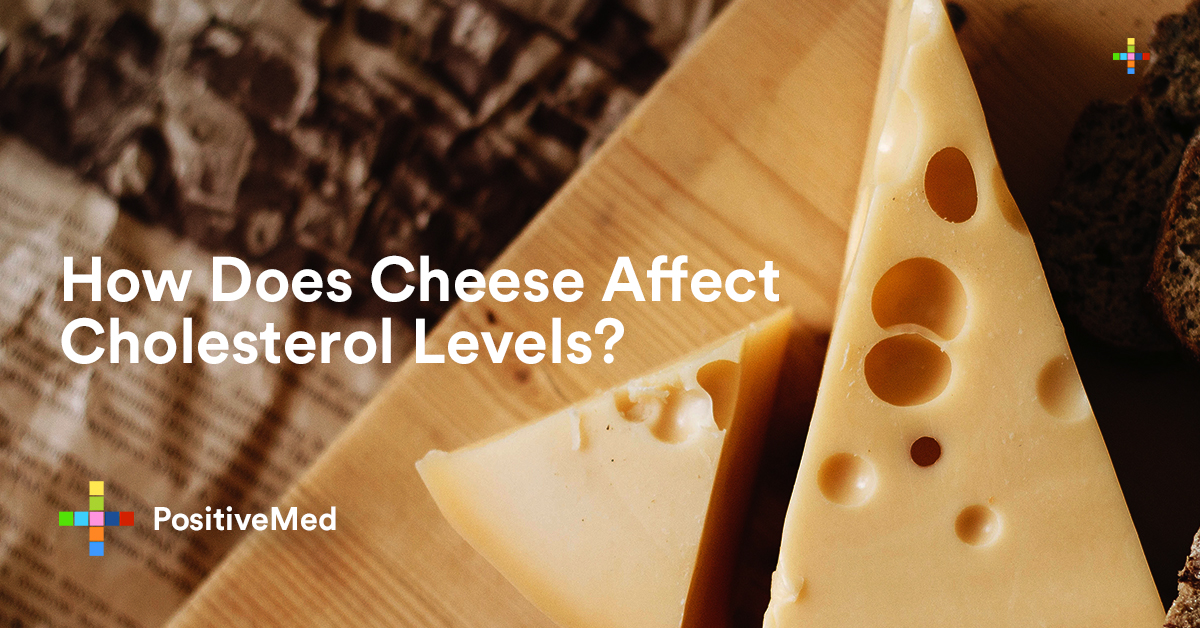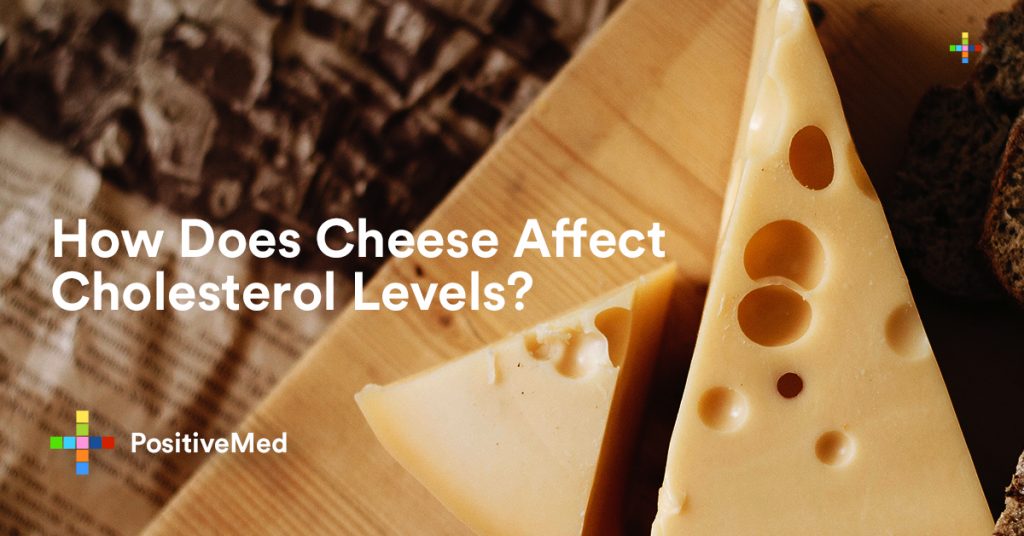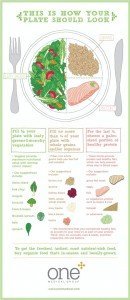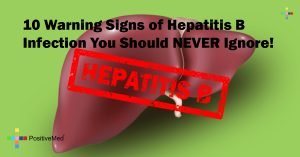Dairy products such as cheese are among foods that may increase your cholesterol levels. The amount of the cholesterol that one may increase depends on the type of the cheese.
However, cheese contains vitamins and calcium which has some nutritional benefits for your body. Cheese is a healthful diet to your body when you take moderate quantities and choose the ones with low fats.

How much is the amount of cholesterol in cheese?
Many types of cheese have a high amount of saturated fats and cholesterol. This is just like other animal foods and dairy products. The content of the cholesterol varies with the type of the cheese.
The United States Department of Agriculture (USDA) provides the Food Composition Database. It is in this data set wherein the amounts of cholesterol and saturated fats that are contained in specific cheeses. You can use this as your guide when looking up how much amount of cholesterol you’re currently taking.
If, however, you are worried about your cholesterol levels before you buy the foods, check their nutrition labels. This is because the contents of the nutrition vary between different brands and products.
Does cheese increase the levels of cholesterol?
A study done by the National Council Institute show that cheese is the leading food source of cholesterol-raising fat.
There is a high amount of cholesterol in cheese. However, according to the USDA Dietary Guidelines, there is no correlation between the foods with cholesterol that one eats and the cholesterol levels in the blood. It is the saturated fat in the cheese that increases the levels of cholesterol.
Although cheese can increase the cholesterol levels, when taken in moderation, it is part of a healthful and varied diet. You should talk to your dietician about how the choices of your diet may affect the levels of cholesterol.
Are you supposed to avoid cheese if you have high cholesterol levels?

It is difficult to recommend that if you have high cholesterol to avoid cheese since the research findings are mixed.
Instead, it is important to mind your diet as a whole. Other foods that you take with cheese may either raise or lower your cholesterol levels. For instance, a diet with high carbohydrates can raise cardiovascular risk factors as well as cholesterol. This can be experienced by those who eat fat dairy products such as cheese.
Takeaway
There are many individual factors that can impact the cholesterol levels in your blood. For instance, anyone who takes an overall healthful diet may experience less health effects from taking cheese than the one who eats foods with saturated fats.
Cheese offers some health benefits since it contains vitamins and calcium, but has its risks as well. Like other foods, eat it in moderation. In addition, consume it with low-calorie foods such as vegetables and fruits.
Edited by: Jessa (Feb. 19, 2019)






